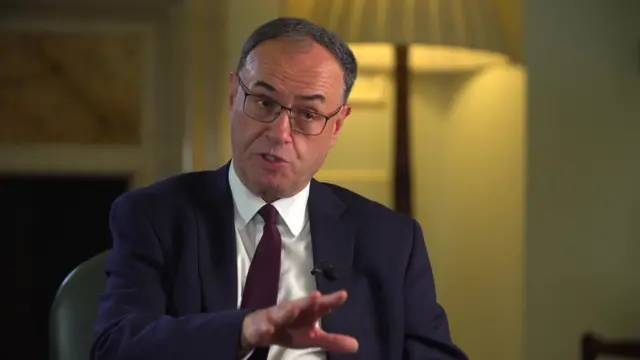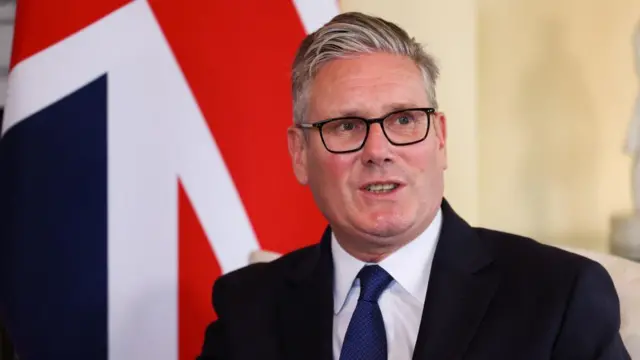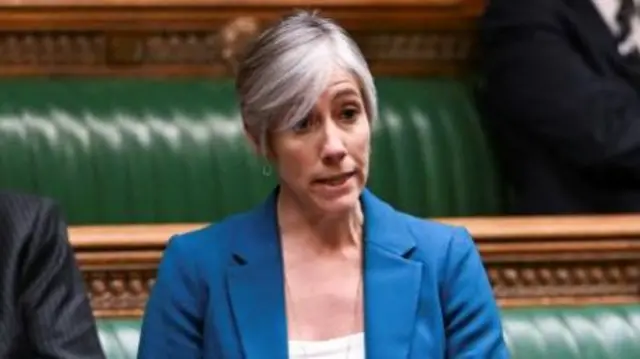A 'finely balanced' decision that will affect millionspublished at 16:30 BST 7 August
 Adam Durbin
Adam Durbin
Live reporter
The Bank of England's narrow decision to reduce interest rates to the lowest level in two years will have a significant impact on many people, as this rate influences the amount banks will charge for mortgages and other loans.
The nine-member Monetary Policy Committee made the decision amid competing concerns for the health of the British economy. On one hand, economic growth is slow and cuts to interests rates could possibly help this, given it would mean individuals and businesses may have more money to spend.
But there are many worried about rising inflation - the increase in overall prices - remaining above the target of 2%. Food prices in particular are rising and causing some to worry inflation will worsen over the course of the year, forcing the Bank to pause cuts or even raise rates again
Bank of England governor Andrew Bailey has suggested he expects these rises to be temporary and the overall trend for interest rates is down. But he has also acknowledged there is a lot of uncertainty in the UK economy - so the decision to lower rates is a "finely balanced" one.
The government - and Chancellor Rachel Reeves - have welcomed the move and suggested its policies have brought stability to the economy. But the Conservatives say Labour's tax and borrowing policies have meant interest rates have come down slower than they needed to.
We'll be ending our coverage of the UK's interest rates cuts here, thanks for joining us.










